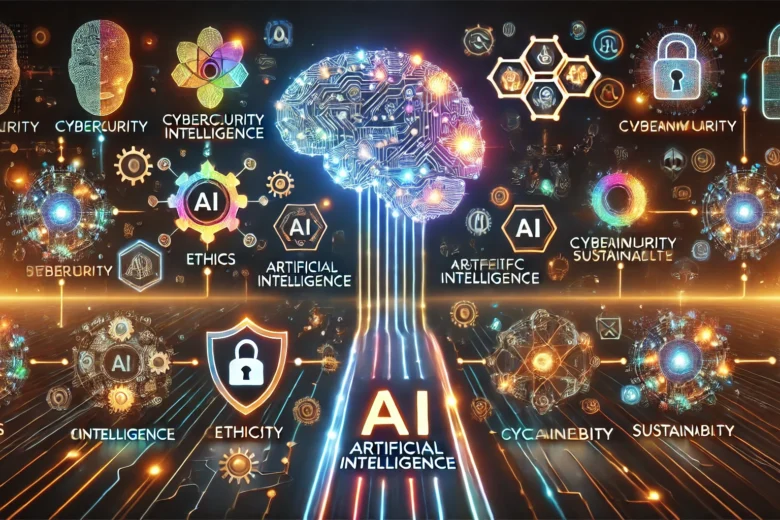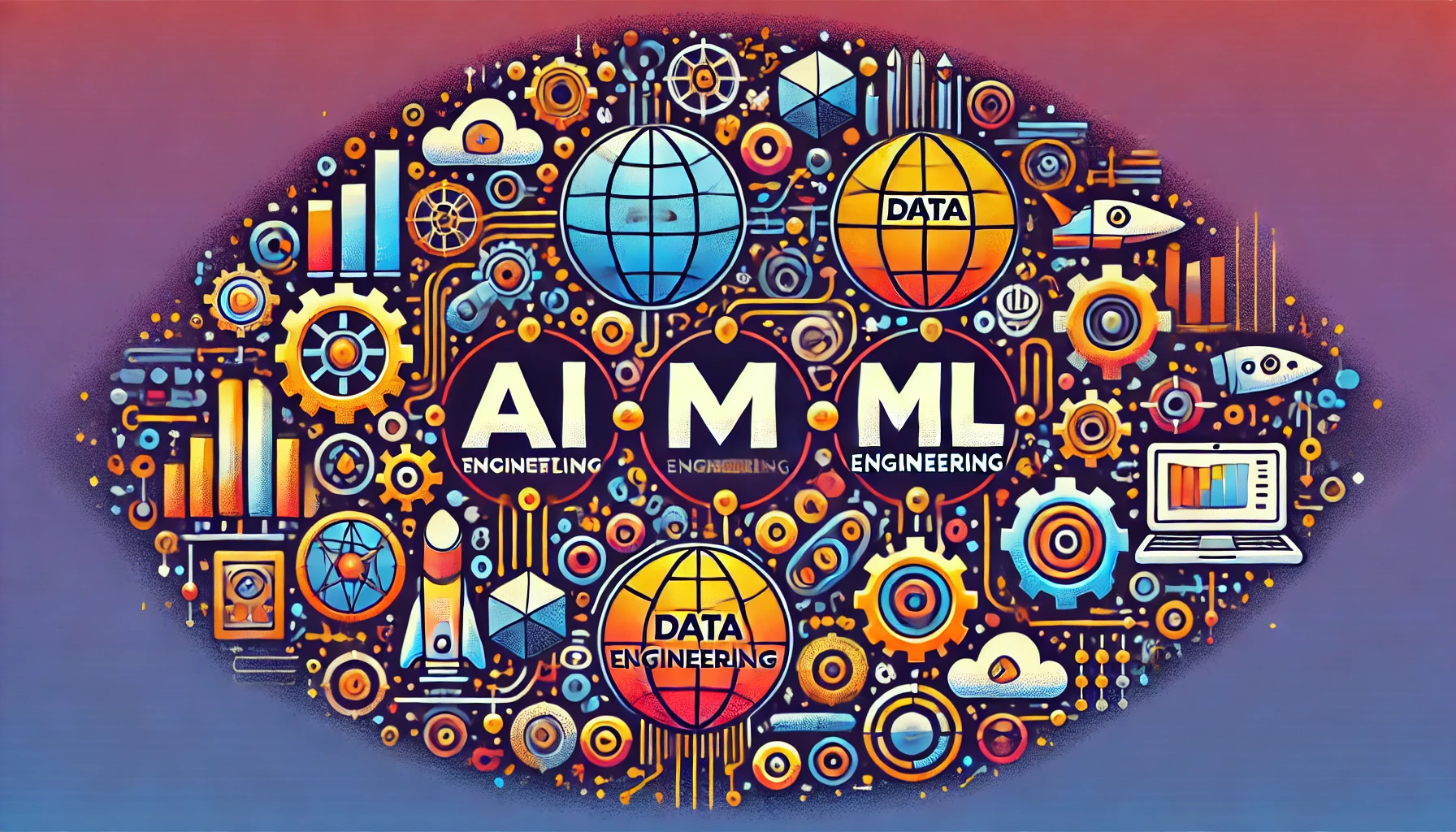TL;DR: AI is continuing to evolve rapidly, and the next six months promise to be another groundbreaking period for the field. This blog will explore the top trends that will shape AI in the near future, including advancements in generative AI, sustainable AI, and breakthroughs in AI ethics and regulations.
Reflecting on AI’s Recent Journey
The past year has seen significant breakthroughs and growth for artificial intelligence. AI adoption spread beyond the tech industry, with non-tech companies using it to improve productivity, cut costs, and innovate. With the global AI landscape continuing to grow, the next six months present an exciting opportunity to explore how these advancements will evolve even further.
Here are the top trends we predict will define AI in the next six months:
7. Generative AI Becomes a Household Tool
Generative AI had its big moment over the last couple of years, and now it’s no longer just a tool for tech experts—it’s becoming a household name. With new user-friendly AI platforms, generative AI has become more accessible to everyday users. Now, people can create videos, artwork, or even generate music with just a few prompts.
Companies are also using generative AI more broadly, integrating it into customer support, content creation, and even education. We’ll likely see generative AI become even more a part of our daily lives, with new uses that make it an important tool for both personal and professional activities.
6. AI in Cybersecurity: Defending Against Complex Threats
Cyber threats are becoming more sophisticated, and AI is playing a critical role in both defense and attack. Over the next six months, AI-powered cybersecurity tools will get even better, using machine learning to detect unusual activity, automate responses, and predict threats before they happen.
We’re also seeing cybercriminals use AI to create more advanced attacks, like phishing scams and misinformation. This makes AI-driven defenses even more important, and we expect to see more innovation in this area as companies work to protect their digital assets.
5. AI Regulations and Ethics Take Center Stage
AI regulation has been a big topic since the EU AI Act was introduced in 2023. Now, more countries are joining in to create rules for AI. The goal is to balance innovation with safety, making sure AI is used responsibly and ethically.
In addition to government regulations, companies are also working together to set standards for using AI. As AI becomes more powerful, there’s more focus on ethical issues like bias, privacy, and misinformation. We expect the next six months to bring big steps in AI governance, focusing on transparency, accountability, and ethical development.
4. Moving Towards Artificial General Intelligence (AGI)
The journey toward AGI, which aims to create AI that can do a wide variety of tasks like a human, is one of the biggest goals in AI. Over the next six months, we’re getting closer to achieving this, with improvements in AI systems that can work across different areas and learn new things more easily.
One major development is using AI to write and improve its own code, which could lead to self-improving AI systems. Although AGI is still far away, the next six months will see important progress in making AI more adaptable and capable of understanding different tasks.
3. Sustainable AI Gains Momentum
The environmental impact of AI is a growing concern, and the push for sustainable AI is stronger than ever. Researchers and companies are focusing on making AI models smaller, more efficient, and less resource-intensive. Techniques like Low-Rank Adaptation (LoRA) and energy-efficient models are becoming more popular.
Sustainable AI isn’t just about reducing energy use; it’s also about making AI available to everyone, including small businesses and communities with fewer resources. By building compact but powerful models, AI can become more inclusive and help solve global challenges without putting too much strain on the environment.
2. AI Ethics and Trust: Building a Responsible Future
As AI becomes more integrated into our lives, trust is more important than ever. Over the next six months, ethical AI will be at the forefront of discussions. Making sure AI systems are fair, transparent, and accountable is key to building trust with the public.
Companies are setting guidelines to prevent bias in AI models and to make sure AI is used for the good of society. With new regulations coming, AI ethics will stay in focus, especially as AI starts making decisions that affect people’s lives.
1. AI’s Role in Scientific Discovery
AI has proven to be a game-changer in science, and we’ll see even more breakthroughs in the next six months. From predicting protein structures to helping find new drug candidates, AI is speeding up scientific discoveries in amazing ways.
AI is also helping in climate science, making climate models more accurate. In the coming months, we expect AI to continue pushing the boundaries of what’s possible, unlocking new knowledge in fields like biology, physics, and astronomy.
The Bottom Line
The next six months are shaping up to be an exciting time for AI. As we keep innovating, AI will become an even bigger part of our daily lives, transforming industries and expanding what technology can achieve.
From generative AI and cybersecurity to AGI and ethical AI, these trends will play a key role in shaping the future of artificial intelligence. Let’s embrace the opportunities ahead and work towards building a future where AI benefits everyone.


